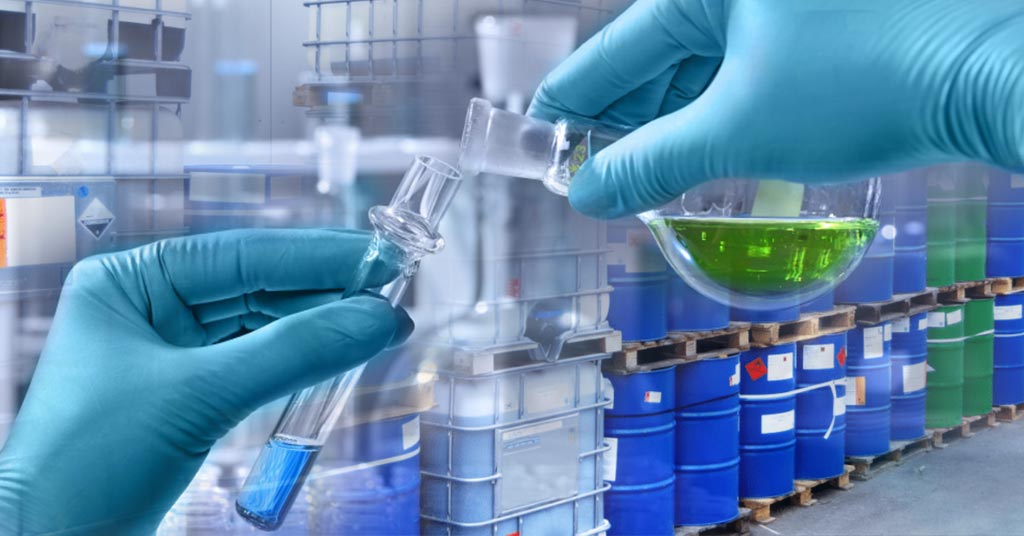Welcome To ChemAnalyst

Over the next three years, a multidisciplinary team of researchers from the Department of Chemistry at the Autonomous University of Barcelona (UAB) will spearhead the development of a device designed to convert carbon dioxide (CO2) and nitrogen (N2) into urea through electrochemical means. This project aims to leverage renewable energy for more environmentally friendly and less energy-consuming production of fertilisers.
The conventional methods employed by the agrochemical industry to create synthetic fertilisers are notorious for their high energy consumption, environmental impact, and socio-economic consequences. As Europe moves towards a more sustainable and cost-efficient agricultural model, urea has emerged as the most widely used nitrogenous fertiliser. The global demand for urea is staggering, standing at approximately 180-200 million tonnes per year. However, its usage presents considerable challenges in terms of storage, operational aspects, and economic considerations.
Amid this backdrop, the CONFETI project aims to validate an innovative, self-sustaining technology that can capture and convert CO2 and N2 directly from air or flue gas into urea on a laboratory scale. This system encourages a circular economy by recycling and converting unused nitrate (NO3-) into ammonia using photocatalic technologies powered by sunlight.
The successful execution of this concept and the design of the ultimate system would be made possible by a multidisciplinary consortium. This team is led by UAB and includes other Spanish institutions such as the Institute of Microelectronics of Barcelona (IMB-CNM-CSIC), the Research Centre for Energy, Environment and Technology (CIEMAT), and biotech company BIOO. Other international partners include the University of Antwerp (UANTWERPEN) from Belgium, the University of Pisa (uniPi) from Italy, the French National Centre for Scientific Research (CNRS) and the University Toulouse III - Paul Sabatier (UPS) from France, and an associate partner from the USA, Iowa State University (IOWA).
BIOO, a small-medium enterprise specialising in renewable energies and soil microbial fuel cells, is also part of the consortium. As a result of this collaborative effort between producers, users, technology providers, customers, researchers, and companies, CONFETI aspires to create an innovative and radically new technology that will lead to the final self-powered fertilisation system.
The projects included in this portfolio have received funding under the "Carbon dioxide and nitrogen management and valorisation" challenge in the call for proposals HORIZON-EIC-2022-PATHFINDERCHALLENGES-01-01. All projects commenced between September 1, 2023, and January 1, 2024, and are expected to run for up to 60 months with a total approved budget of approximately €29 million.
In conclusion, the CONFETI project represents a significant advancement in the field of sustainable agriculture, aiming to develop a device capable of converting CO2 and N2 into urea using renewable energy. This initiative aligns with the global shift towards more sustainable agricultural practices and could have a profound impact on the future of fertiliser production.
We use cookies to deliver the best possible experience on our website. To learn more, visit our Privacy Policy. By continuing to use this site or by closing this box, you consent to our use of cookies. More info.
